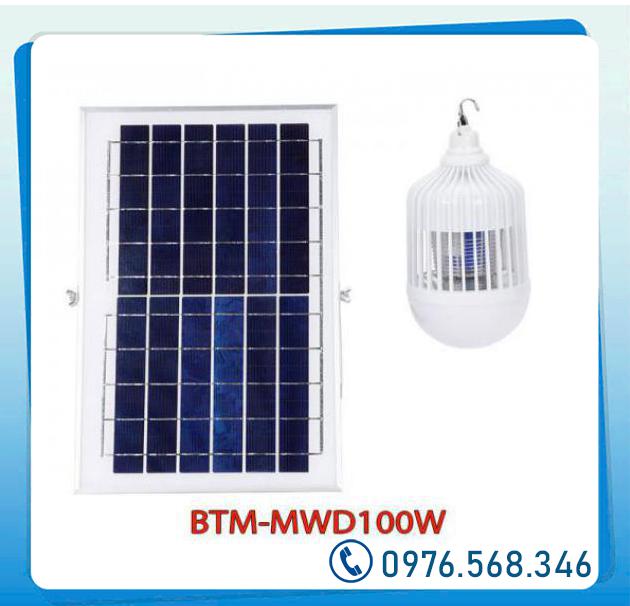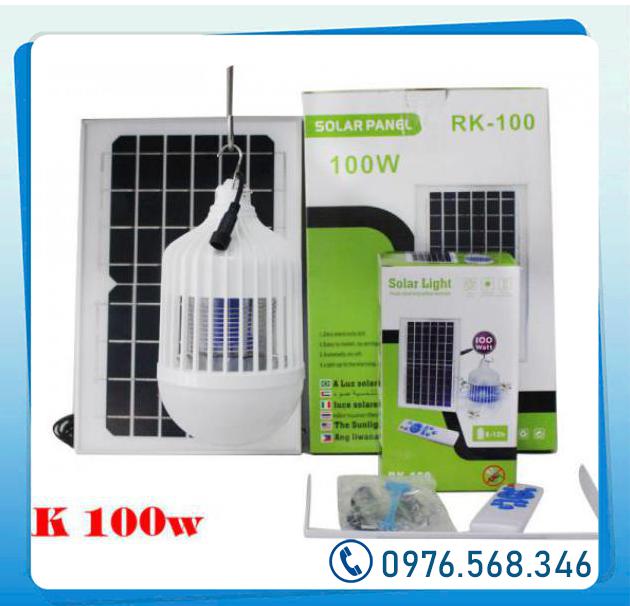Solar energy has emerged as a promising alternative to traditional sources of energy due to its numerous benefits. However, like any other energy source, it also has its drawbacks. Understanding both the advantages and disadvantages of solar energy is crucial for making informed decisions regarding its adoption and implementation.
Advantages:
1. Renewable and Sustainable: One of the most significant advantages of solar energy is its renewability. Unlike fossil fuels, solar power relies on sunlight, which is an abundant and virtually inexhaustible resource.
2. Environmentally Friendly: Solar energy production generates minimal greenhouse gas emissions, making it a cleaner alternative to fossil fuels. By harnessing the power of the sun, we can significantly reduce our carbon footprint and mitigate the impact of climate change.
3. Cost Savings: Although the initial investment in solar panels and equipment can be high, solar energy ultimately offers substantial cost savings over time. Once installed, solar panels require minimal maintenance and can generate electricity for decades, leading to long-term financial benefits.
4. Energy Independence: Solar energy provides individuals and communities with greater energy independence by reducing reliance on centralized power grids. This decentralization of energy production enhances resilience and security against power outages and disruptions.
5. Job Creation: The growing solar industry creates employment opportunities across various sectors, from manufacturing and installation to research and development. Investing in solar energy can stimulate economic growth and contribute to job creation in local communities.
Disadvantages:
1. Intermittency: One of the primary challenges of solar energy is its intermittency, as solar power generation is dependent on weather conditions and daylight hours. This variability requires the integration of energy storage solutions or backup sources to ensure reliable electricity supply.
2. Land and Space Requirements: Solar power plants and arrays require significant land or rooftop space for installation. In densely populated areas or regions with limited available land, this can pose logistical challenges and compete with other land uses.
3. Energy Storage Costs: While advancements in battery technology have improved energy storage capabilities, storing solar energy for use during periods of low sunlight remains costly. The expense of energy storage systems can impact the overall affordability of solar power.
4. Manufacturing Environmental Impact: The production and disposal of solar panels involve energy-intensive processes and the use of certain materials with environmental implications. Addressing the environmental footprint of solar panel manufacturing requires sustainable practices and recycling initiatives.
5. Geographic Limitations: Solar energy generation is more effective in regions with abundant sunlight, such as deserts or tropical areas. In locations with frequent cloud cover or limited sunlight, solar power may be less efficient or feasible as a primary energy source.
Conclusion:
In conclusion, solar energy offers numerous advantages, including renewable and sustainable power generation, environmental benefits, and cost savings. However, it also presents challenges such as intermittency, land requirements, and storage costs. To fully harness the potential of solar energy, ongoing research and innovation are essential to address its limitations and maximize its benefits for a more sustainable future.












